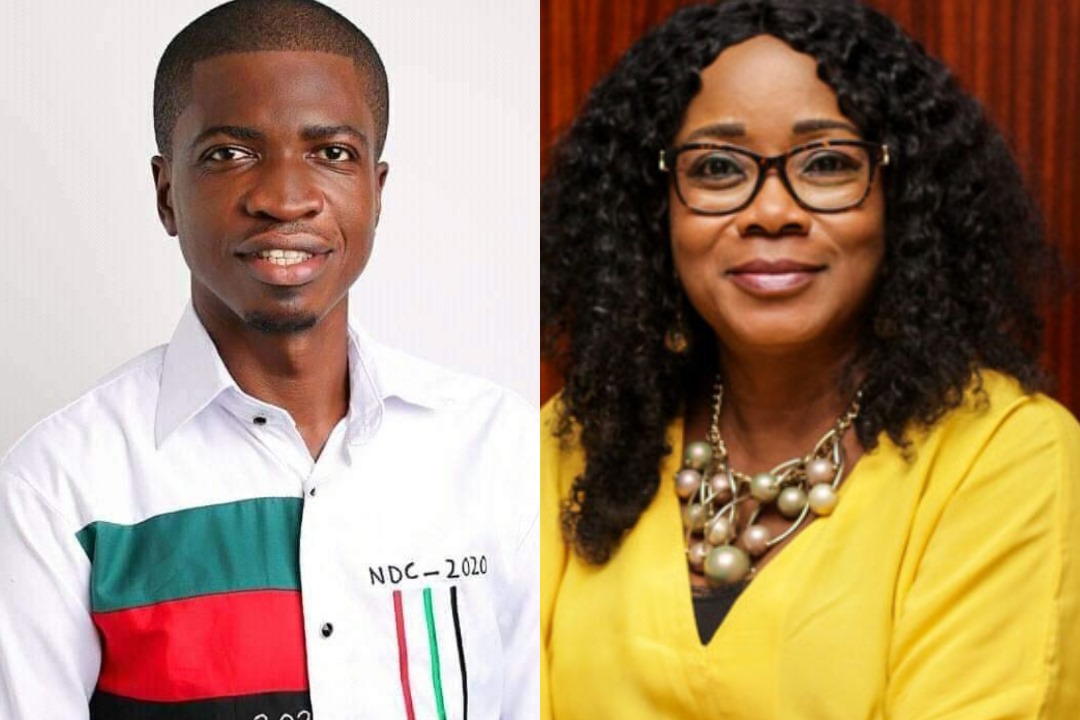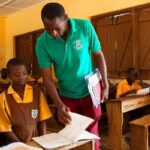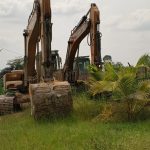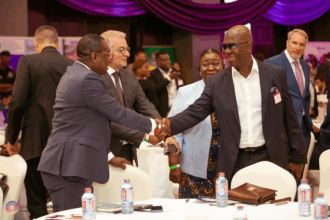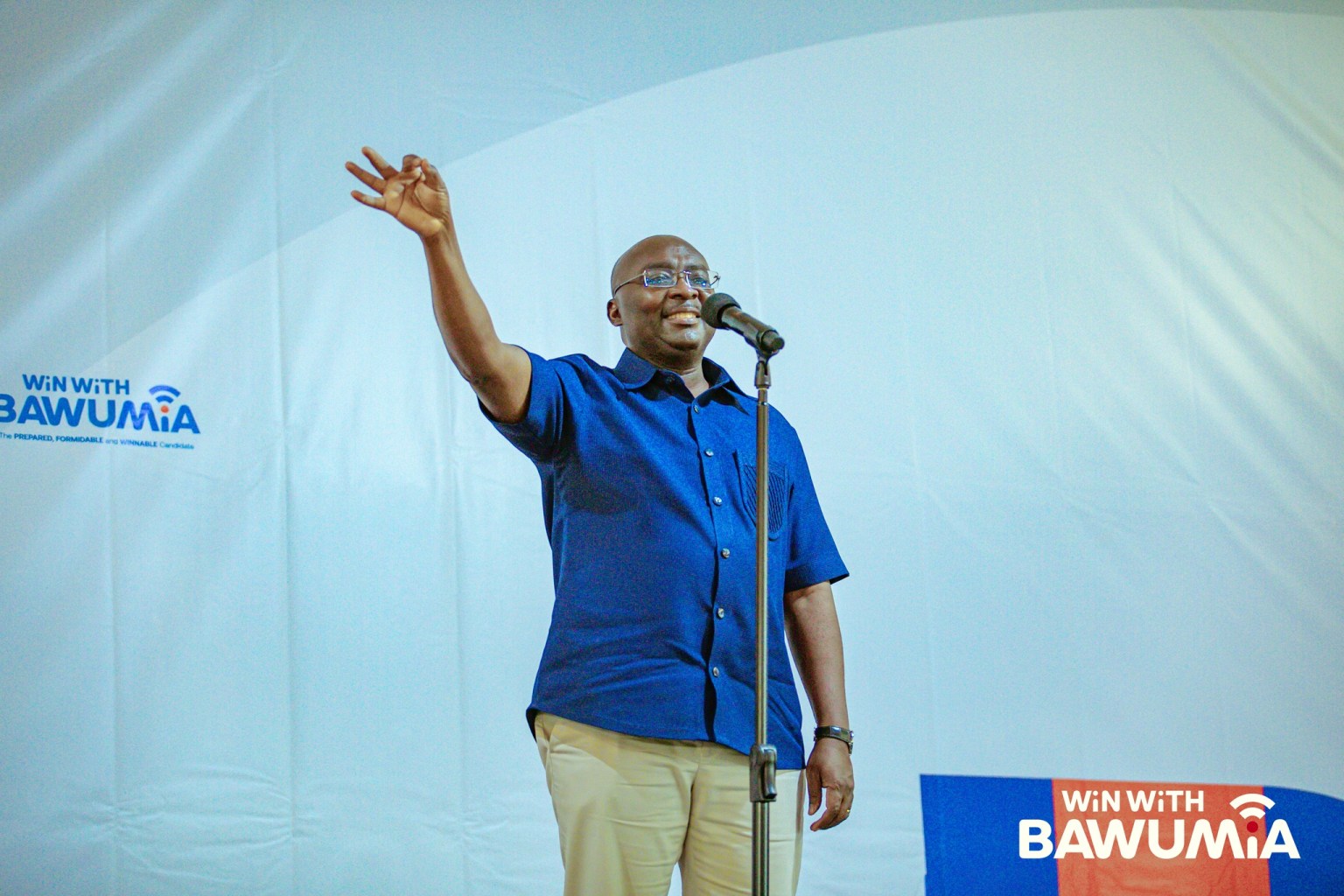Introduction
The Agona West constituency in the Central Region has statistically been a political stronghold for the New Patriotic Party (NPP). But as the 2024 general elections approach, a move by its sitting MP Cynthia Mamle Morrison, to break ranks with the NPP and run as an independent candidate threatens to fracture the party’s dominance and reshape the political landscape in the area.
Demography of Agona West
The Agona West constituency has long been a fertile ground, both agriculturally and politically. Its diverse population, largely agrarian in nature, is sustained by the cultivation of crops such as cocoa, cassava, maize, and vegetables like pepper and tomatoes. While small-scale businesses and trade are also part of the local economy, farming remains the lifeblood of the constituency.
Some popular towns within the constituency include Agona Swedru, Agona Nkum, Agona Nyakrom, Bobikuma, Abodom, Kwaman, Upper Bobikuma, and Lower Bobikuma.
With a voter capacity of 80,873, spread across 31 electoral areas according to Channel One Research Unit, the political landscape in Agona West is as diverse as its populace.
Constituents within Agona Swedru mostly vote for the NPP, Nyakrom also votes for the NPP, Upper Bobikuma and Nkum also vote for the NPP, Lower Bobikuma always vote for the NDC and Abodom is quite neutral as both parties split votes year on.
However, despite this variety, one constant over the years has been the dominance of the New Patriotic Party (NPP) in this constituency, which has often been referred to as an “NPP-safe region” by political analysts.
Election Trends: The NPP’s Grip on Agona West
Channel One Research Unit has noted that Agona West has proven to be a stronghold for the NPP in recent years, despite a brief interruption in 2012 when the National Democratic Congress (NDC) clinched a victory. The constituency’s electoral history is a fascinating study in political fluctuations, with key contests between the NPP and NDC shaping its trajectory.
In the 2008 parliamentary elections, NPP’s Joe Kingsley Hackman secured 42% of the votes, defeating NDC’s Francis Kojo Arthur, who managed 28%.
This victory for the NPP set the tone for future elections, though the NDC would not take this result lying down.
By 2012, the tide turned as Charles Obeng-Inkoom of the NDC stormed into office with 42%, defeating NPP’s Samuel Kweku Obodai, who could only garner 28%.
This win for the NDC briefly interrupted the NPP’s dominance in the constituency.
However, the NPP quickly regained its foothold. In the 2016 parliamentary elections, the party introduced Cynthia Mamle Morrison, who claimed a decisive victory with 58%, relegating the sitting NDC MP, Charles Obeng-Inkoom, to second place with 41%.
This marked the beginning of Morrison’s ascent as a key political figure in Agona West.
In 2020, Cynthia Mamle Morrison became the incumbent MP, and she successfully defended her seat with 52% of the votes against NDC’s new candidate, Paul Ofori Amoah, who came close with 47%. Despite the narrowing margin, Morrison’s win solidified the NPP’s dominance in Agona West, with the party now having won three out of the four general elections held since 2008.
The Incumbent MP’s Bold Move: Going Independent
As the 2024 general elections approach, the political environment in Agona West has been thrown into uncertainty, following a surprising but significant development.
Cynthia Mamle Morrison, the sitting MP, has decided to contest as an independent candidate after losing the NPP’s parliamentary primaries to Christopher Arthur in January 2024. This move has sent shockwaves through the constituency and beyond, as Morrison’s decision to go independent could drastically alter the NPP’s prospects in the upcoming elections.
The internal party dynamics within the NPP in Agona West have always been complex, but Morrison’s decision to break away from the party she represented for two terms is particularly striking. Running as an independent candidate threatens to split the NPP’s voter base.
With Morrison having a dedicated following and a proven track record in previous elections where she won with not less than 50%, her candidacy outside of the NPP could siphon off crucial votes that would otherwise go to Chris Arthur, the new NPP candidate.
Potential Consequences of Independent Cynthia Morrison for the NPP
The implications of this development might be far-reaching. Agona West has historically leaned towards the NPP, but the introduction of an independent candidate who has strong ties to the party could lead to a fragmentation of the NPP vote. Some political observers believe that Morrison’s move could hand the NDC a golden opportunity to reclaim the seat. With the NPP vote split between Morrison and Arthur, the NDC’s candidate, Enerstina OforiDangbe could emerge as the beneficiary of this internal divide, potentially shifting the balance of power in the constituency.
Moreover, the NPP’s dominance in the Central Region could be at risk if Agona West, one of its key strongholds, falls to the NDC or an independent candidate. A loss here could not only hurt the party’s parliamentary majority but also dent its presidential aspirations, as every seat in the region plays a crucial role in the broader electoral picture.
While the NPP has traditionally enjoyed strong support in Agona West, Morrison’s independent bid introduces an element of unpredictability. Her popularity as a sitting MP and the loyalty of her supporters create a potential scenario where neither the NPP nor the NDC may easily claim victory.
2024: A New Contest on the Horizon
As Agona West heads into the 2024 elections, the constituency is set to witness stark competition between NPP’s Chris Arthur, NDC’S Enerstina Ofori Dangbe and Cynthia Mamle Morrison as an independent candidate.
Will the NPP retain its grip on this vital seat, or will the independent candidacy of Cynthia Mamle Morrison upend the political status quo? What is certain is that Agona West’s electorate is set to decide not just the future of their constituency, but potentially the broader political landscape of the Central Region and beyond. The stakes have never been higher.


